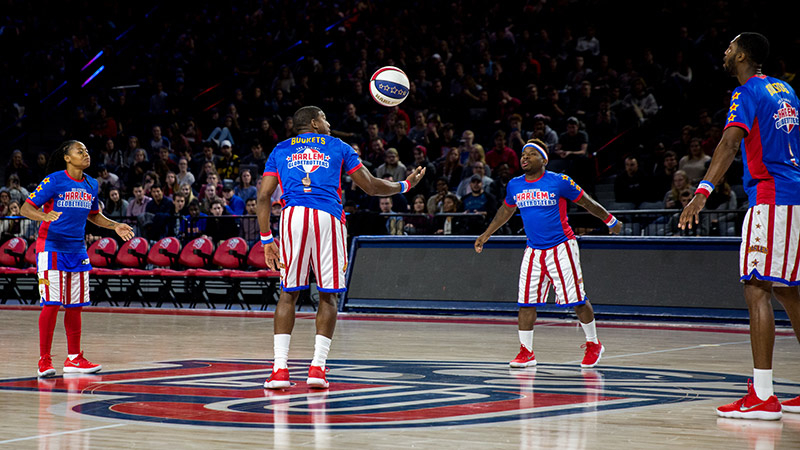


Those snippets set the stage for a week in which more things happened than anyone might have believed. “Being the Ricardos” opens on a quick-cut series of mock documentary interviews with latter-day versions of several of the characters - a punchy technique that Sorkin borrows from the Bob Fosse of “Star 80” and “Lenny,” and uses just as effectively. It’s also a revolutionary show: the first to use the three-camera system that would allow sitcoms, going forward, to be filmed live and also a mainstream TV comedy about a cross-cultural marriage, starring two actors who, in playing Lucy and Ricky Ricardo, were (it was implied) portraying a stylized version of themselves.
#Director player error magiv vines movie
The entire movie takes place in one pressure-cooker week during the shooting of the CBS sitcom “I Love Lucy.” It’s 1952, the show is in its second season (there have been a total of 37 episodes), and it’s the most popular program in America, with 60 million viewers every week.
#Director player error magiv vines trial
And though many may disagree, I thought Sorkin, in “The Trial of the Chicago 7,” did a remarkable job of nailing the individual voices of that radical celebrity counterculture brigade.īut “ Being the Ricardos,” his movie about Lucille Ball and Desi Arnaz (played to wry perfection by Nicole Kidman and Javier Bardem), is very much a heady helping of Sorkinese - and a beautiful illustration of what can be intoxicating about it. “The Social Network” was as supple an evocation of the formative tech culture as “All the President’s Men” was of ’70s media politics. “The American President,” in its way, had a sweet flow to it.

Contrary to popular belief, not every piece of drama with Aaron Sorkin’s name on it has the inimitably timed, exquisitely percussive sound of I-top-you-no-I top- you combative patter known as Sorkinese.


 0 kommentar(er)
0 kommentar(er)
